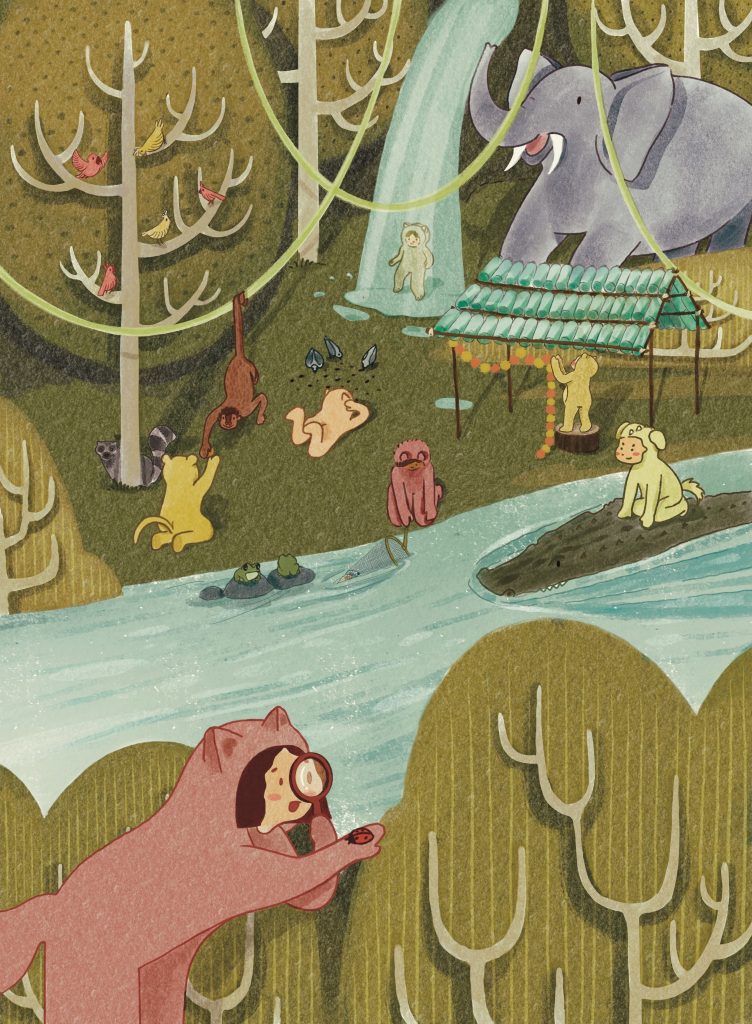The scientific name of the African lion is Panthera leo. They are endangered and less than 30,000 wild lions remain in the African savannahs. African lions mostly like living in open savannahs and sometimes in sparse scrublands.
They live in family groups called prides, with a number of related females, and unrelated males who are father to all the cubs born while they are with the pride.
The lions mate throughout the year, depending on the availability of food. When there is enough food, more young ones are likely to be born. Gestation lasts for 110 days and females have an average of 3 cubs per litter. Multiple females in the pride often synchronize their litters so that other females have cubs at the same time, encouraging cooperative rearing by sisters.
Young males must leave the pride when they are about two years old. Young females may also leave but mostly they stay with their pride. Lions have a strong attachment to particular areas, and human interference with this home range can cause problems. Biologists identify members of a pride using the whisker patterns on the face or on both sides of the mouth.
If one mother dies from disease, an accident during hunting, or is killed by poachers, her young cubs can be raised by her sisters in the pride. Females share the care duties, and cubs in a pride suckle any mother that has enough milk to feed them. Cubs depend on their mothers for survival up to two years of age.





